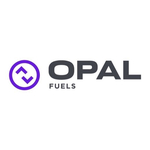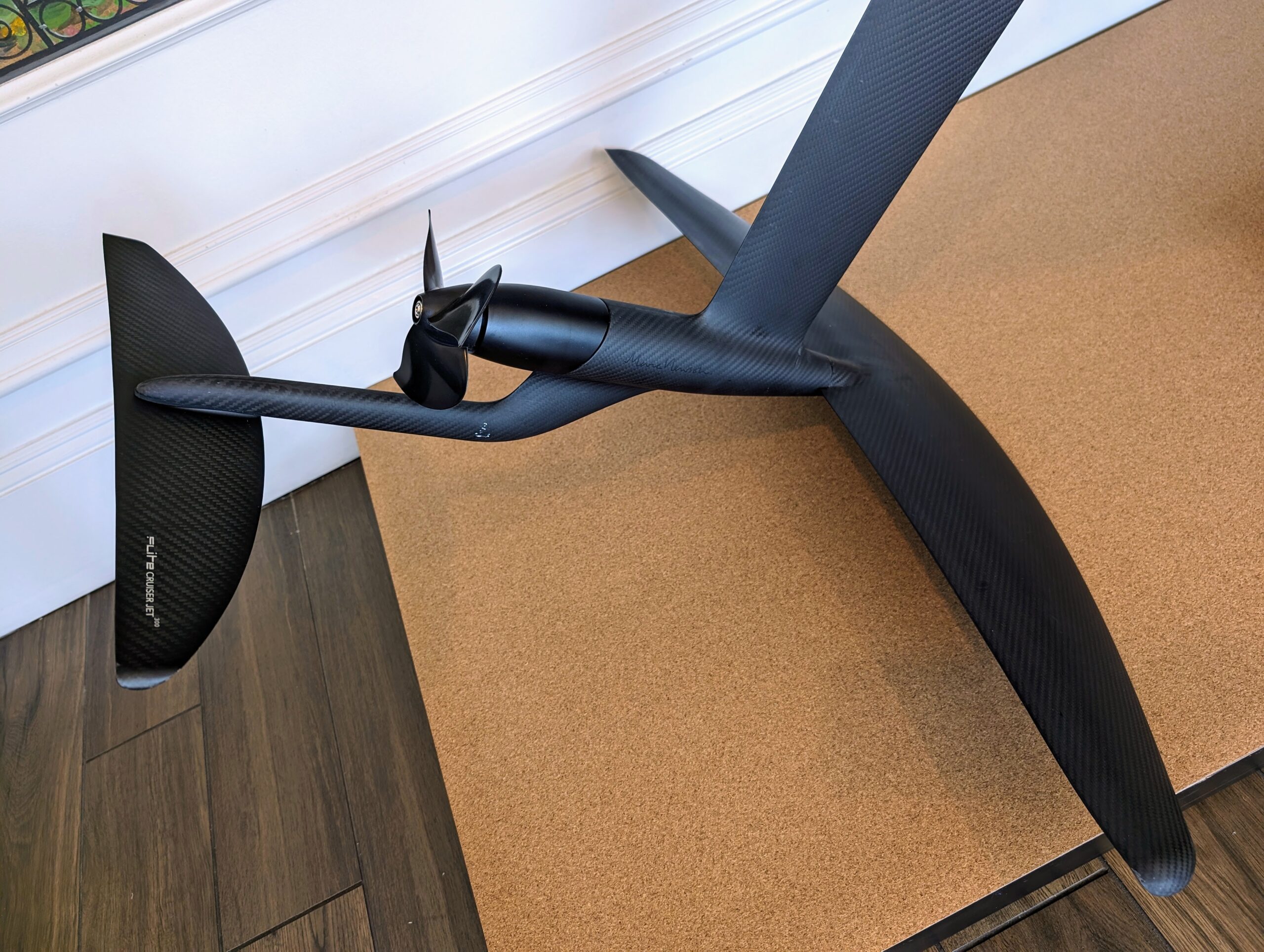Lithium Chile Inc. [LITH-TSXV; LTMCF-OTCQB] reported results of its preliminary economic assessment (PEA) for the production of lithium carbonate from its Salar de Arizaro lithium brine project in Salta province, Argentina. The PEA provides an independent economic assessment of the potential of Arizaro, based upon the lithium resources outlined in the July 2023, resource estimate.
Arizaro PEA highlights: Pretax net present value (NPV) of US$1.8 billion; LOM (life of mine) average Li2CO3 (lithium carbonate) price of $21.396 per tonne; after-tax NPV of $1.1-billion; pretax internal rate of return (IRR) of 29.3 per cent; after-tax IRR of 24.1%.
PEA mine and processing plant produces 25,000 LCE (lithium carbonate equivalent) LOM over 19.1 years; Pretax initial capital payback period 3.5 years, after-tax payback of 3.6 years; average LOM annual pretax cash flow over operating period: $329-million, annual after-tax cash flow: $229-million; initial capital costs (capex — capital expenditures) estimated at $823-million; operating cost (opex – operating expenditures) estimated at $5,197/tonne LCE.
The NI 43-101 compliant PEA was completed by Ausenco Chile Ltda. The assessment includes and demonstrates that the Arizaro project has the potential of a 25,000-tonne-per-annum (tpa) commercial-scale operation to produce battery-grade lithium carbonate.
Steve Cochrane, president and CEO, remarked: “The filing of this technical report is another important milestone. These results support our view that the Arizaro project has the potential to be a world-class producer of lithium carbonate. We are excited about continued advancement of this project — a continuing journey of near-term enhancement opportunities that have already been identified.”
The cost estimates include the initial investment and sustaining capital for a lithium concentration plant with an annual capacity of 25,000 tonnes LCE.
The most relevant cost under operating cost is reagent consumption (50.8%) followed by energy (16.6%). Both costs add up to US$85.7-million, representing 67.5% of the operating direct costs.
The Arizaro project enjoys certain unique advantages, which support a rapid development schedule, and low capital and operating costs.
The process selection considers the incorporation of a direct lithium extraction (DLE) stage. DLE processes have shorter start up and ramp up times, mainly due to the smaller infrastructure requirements and the ability to be designed with a modular concept. This modularity allows for incremental expansion, enabling a faster ramp up to meet increasing demand. Additionally, the crucial aspect of brine’s chemical composition homogeneity further enhances the efficiency and effectiveness of the process. With consistent brine composition, DLE operations achieve more predictable and reliable lithium recovery rates, enabling better production capacity planning and meeting demand requirements with confidence. Over all, integrating DLE into the process proves to be a strategic choice, streamlining operations and ensuring a reliable supply of lithium.
Multiple opportunities to enhance project economics through optimization and further engineering have already been identified.
More than 60 technology combinations were studied during PEA and trade-off permits, to optimize main sustainability variables, water and energy usage, water basin balance, reagent usage, and capex and opex.
Major discovery of lithium brines in the basin and major metallurgical testing, including best possibilities for water and energy usage.
Unique technical team with operation, projects and production experience. Initial production water aquifer identified and permitting under way.
Lithium Chile is an exploration and lithium resource company with a property portfolio consisting of 111,978 hectares in Chile and 20,800 hectares in Argentina.
The company will be filing an updated NI 43-101 report with an indicated resource of 1,737,000 metric tonnes of LCE and inferred resource of 1,583,000 metric tonnes of LCE from its Salar de Arizaro, Argentina, project. The phase 2 development program on the Salar de Arizaro is under way, with results to be included in an updated NI 43-101 report which will be filed on SEDAR+ when completed.
Lithium Chile also owns four properties, totalling 21,329 hectares, that are prospective for gold, silver and copper. Exploration efforts are continuing on Lithium Chile’s Carmona gold/silver/copper property, which lies in the heart of the Chilean megaporphyry gold/ silver/copper belt.




